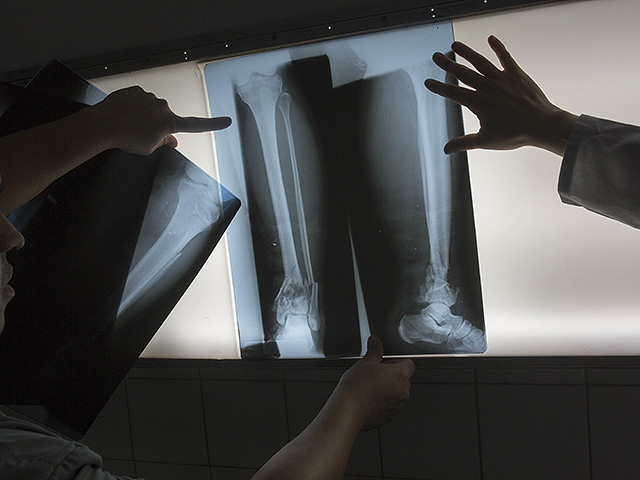In diagnosing diseases, doctors have recently often trusted artificial intelligence without checking the correctness of its answers. Sometimes this leads to an error in diagnosis.
A group of American researchers decided to study how the type of recommendations offered by artificial intelligence, as well as their accuracy, affect the diagnostic process. For the experiment, they invited 220 doctors to analyze chest X-rays using AI-generated recommendations. The study included radiologists, as well as internal medicine and emergency medicine specialists. Doctors could accept, adjust or reject the artificial intelligence’s suggestions.
The study found that doctors often blindly trusted AI answers without double-checking them themselves. When artificial intelligence provided correct recommendations, diagnostic accuracy increased to 92.8%. However, in the case of incorrect AI diagnoses, diagnostic accuracy decreased to 23.6%.
“When we rely too much on what the computer tells us, it becomes a problem because AI is not always right. I think as radiologists using AI, we need to be aware of these pitfalls and be mindful of our diagnostic models and training.” , says Paul H. Yee, MD, one of the study’s authors.

총판온
partneron
총판온 토토총판 | 카지노총판 | 슬롯총판
User partneron – Minecraft Command Science
Quay
Page Not Found – Commiss.io
slashpage.com/partneron
partneron in League of Legends on Korea
easybuildprefab.com/profile/partneron/profile
총판온 | Profile
Database not available
총판온 : 토토총판 카지노총판 슬롯총판 총판모집
총판온 | 토토총판 카지노총판 슬롯총판 모집커뮤니티 | Patreon
총판온 : 토토총판 | 카지노총판 | 총판모집 | 총판홍보커뮤니티
총판온 – 총판온의 토토총판 & 카지노총판의 효율적인 총판모집 및 홍보
on partner – partneron | Live Positively
partneron [licensed for non-commercial use only] / FrontPage
총판온 – Landing Page
핫걸토토 : 메이저사이트|토토사이트|카지노사이트|꽁머니 | Linktree
Instapaper
About 총판온 – Twitch
총판온 : 토토총판 | 카지노총판 | Gravatar
HeyLink.me | 총판온
총판온 토. – 4shared user page – 0 downloads
chpanon Publisher Publications – Issuu
총판온 (partneron) – Seoul, 11, Korea, Republic of (0 books)
총판온 (@partneron) | Unsplash 사진 커뮤니티
총판온 총판모집 – 사진
Stream 총판온 music | Listen to songs, albums, playlists for free on SoundCloud
partneron Profile and Activity – The Verge